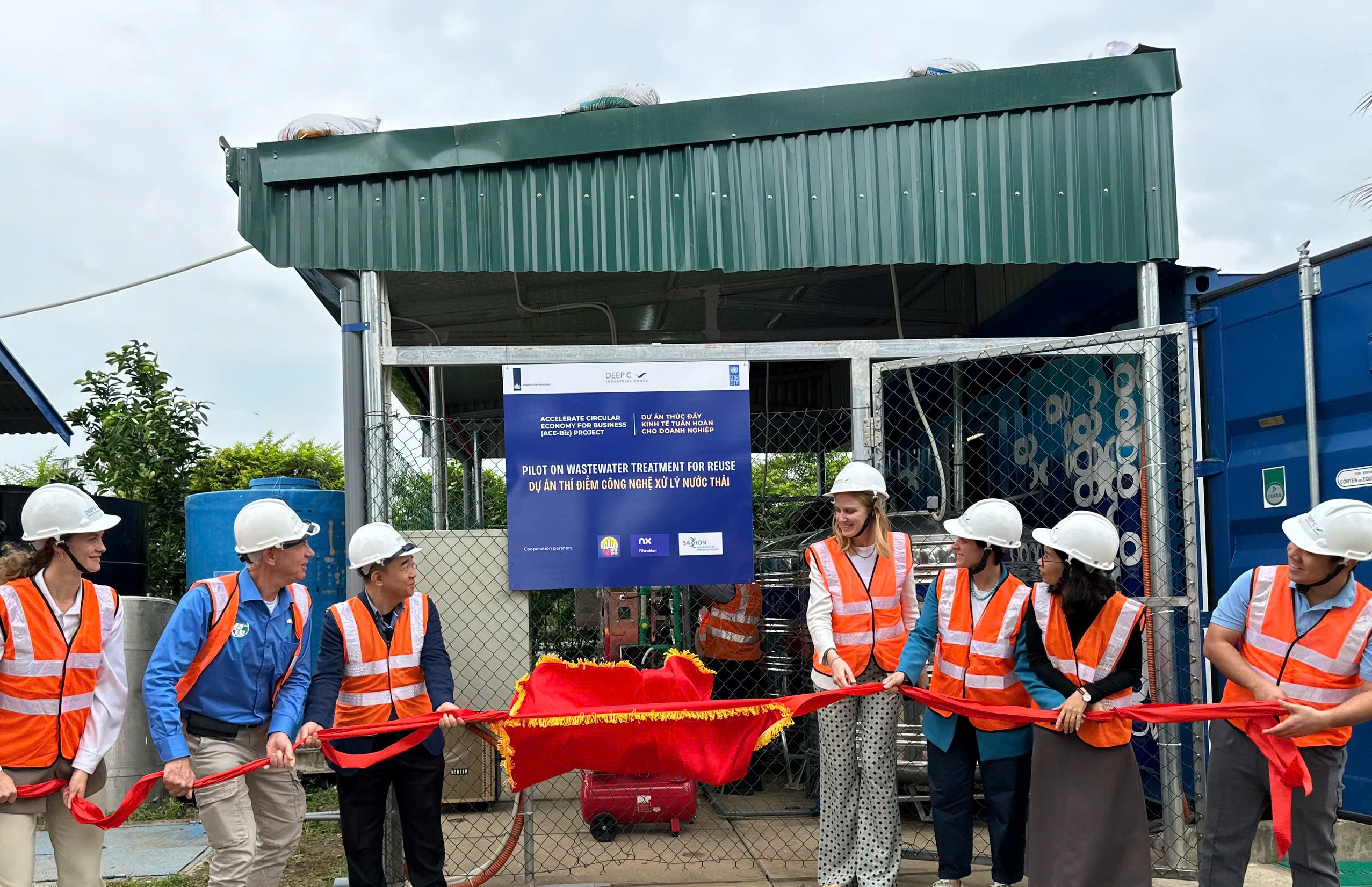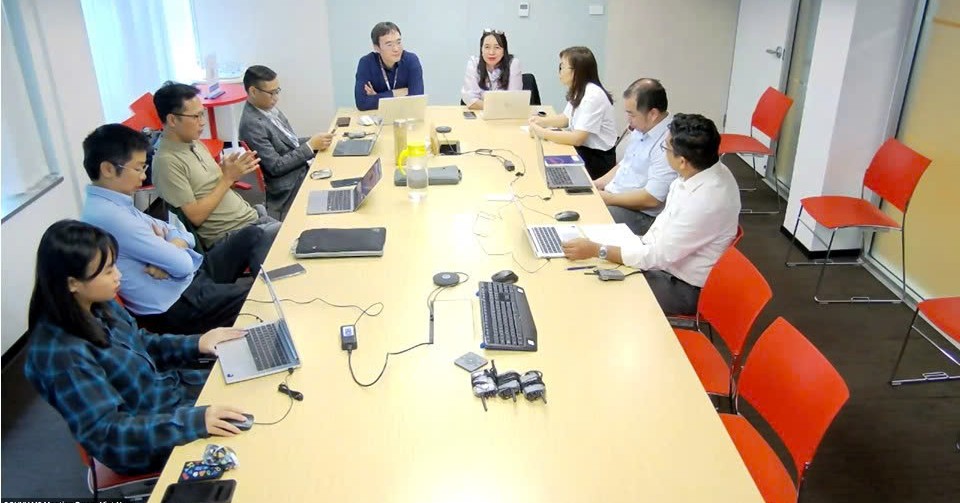In June 2022, the Circular Economy Capacity Building Program for Enterprises was organized by UNDP with support from the Netherlands Government, along with the implementation by Viet Nam Circular Economy, the Institute of Strategy, Policy on Natural Resources and Environment, the Environmental Economic Policy Institute, Hue Innovation Hub, the Institute for Circular Economy Development and Saxion University of Applied Sciences from the Netherlands. This program started with a lot of practical activities with the aim of supporting enterprises in Viet Nam in shifting to a circular economy.

Enterprises will gain economic benefit and revenue growth potential if they apply the circular economy to their production and distribution processes. However, there are still many difficulties for enterprises to implement the circular economy, especially in terms of investment expenditure for changing from their existing production processes to new ones.

In the Circular Economy Capacity Building Training Bootcamps for Enterprises in 3 regions of Viet Nam, Dr. Nguyen Hoang Nam, an expert from the Institute of Strategy, Policy on Natural Resources and Environment (ISPONRE), under the Ministry of Natural Resources and Environment (MONRE) of Viet Nam, had a presentation on “The policy on circular economy in Viet Nam”.

In the sharing session, there were new concepts such as “green credit” and “green bond” (the Environmental Protection Law 2020), which motivated and boosted enterprises’ confidence to implement the circular economy after attending the training Bootcamp.
Additionally, the Responsibility for recycling and treating products and packaging of producers and importers is prescribed in Chapter VI of Decree No. 08/2022/ND-CP, which will soon come into force. Accordingly, their responsibility is not only about distributing the products to consumers but is also about the collection, recycling, and treatment of waste. Therefore, it is crucial for enterprises to early prepared for these responsibilities.

There is a remarkable piece of information for manufacturers or enterprises who are using plastic bags. According to the Decree, from January 1, 2026, it is required not to manufacture or import non-biodegradable plastic bags that are smaller than 50cmx50cm in size and less than 50μm in film thickness; not to buy or consume single-use plastic products, non-biodegradable plastic packaging (non-biodegradable plastic bags, styrofoam packaging and food containers) at shopping stores, malls, supermarkets, hotels, tourist areas, etc.
















